I never thought of myself as a big sports guy but somewhere along the way it became a central part of my life. I now cover professional cycling and other outdoor pursuits with a good chunk of my time. If you had asked me twenty years ago, I would have said writing about dragons would be more likely.
It is easier for me to engage in the sports world than with fiction or other types of journalism. I think it is the struggle that exists amongst teams, and between athletes. It feels like a proxy for real life in some ways. The wins and losses mean something beyond the game at stake. I never get far in figuring it out. It’s like art. So full of meaning and symbolism, it is easier to just accept than intellectualize.
That said, indulge me while I try…
Pictorial History of American Sports
My Dad had this leather-bound book filled with sports stories from the 19th & 20th centuries. I don’t know where it came from but it was one of my favorite things in our house growing up. [ed note: After reading this my Dad told me it came from his uncle, Tom Duggan. Duggan was a radio and TV personality back in the day. After hearing Duggan was my great uncle author James Ellroy said to me "You've got some bad blood in your son!" Tom Duggan is worth checking out if you are curious.] I’m drawn to historical stories, both real and fictional, and this was filled with tales of victory and defeat. It had stories of baseball players like Ty Cobb, boxers, rowers, runners, leather helmeted football players and even track cyclists. I was drawn in by the Olympians. I reread the sections on athletes like Jesse Owens and Jim Thorpe over and over. Their backstories were as rich as their accomplishments. Jesse Owens’ four gold medals in the 1936 Berlin Olympics made me feel that anything was possible, even when the odds were stacked against you.
My Dad must have had a similar interest because he knew details about some of the athletes that the book glossed over. Most of his stories were of the hardships they faced - racism, financial trouble, and the quagmire of amateur and professional athletics that plagued early Olympians. I remember peppering him with questions about how good Jim Thorpe was, and why his Olympic medals were taken away. I feel like my Dad always had an answer. The stories he told painted a vivid picture. It looked a lot like Jim Thorpe standing alone and cold in his Canton Bulldogs cape after a hard game.
Despite all of their talent many of these athletes struggled to get by. Their lives weren’t filled with lucrative contracts and happy endings. The athletes in my Dad’s book had hard lives. In the photos and drawings they look hungry and desperate. There was a longing in their eyes that I recognized. I wanted to understand what drove them. Was it money, search for glory, a form of self-expression?
“Most of his stories were of the hardships they faced - racism, financial trouble, and the quagmire of ‘amateur and professional’ athletics that plagued early Olympians.”
Their stories felt pure to me. I wonder if it was the way my Catholic ancestors felt about tales of saints and martys. There was power in these stories and I loved them for it. Their sacrifice, hardship, and victories taught me an early lesson. Life might not be fair, but it could be noble, and if not noble, certainly interesting.
My own life did not take a path I expected. At times life has felt neither fair or noble. Now I can’t even remember what my expectations were. I knew I wanted to be a writer but I ended up on a different path thanks to the advent of the internet. I wrote here and there, but mostly I put it off. I began to believe the lie I told myself, "You will get to it someday."
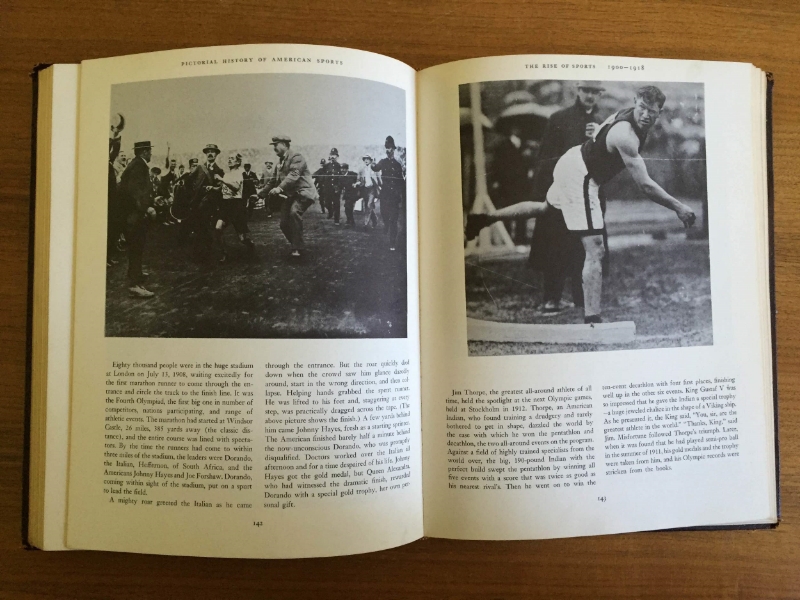
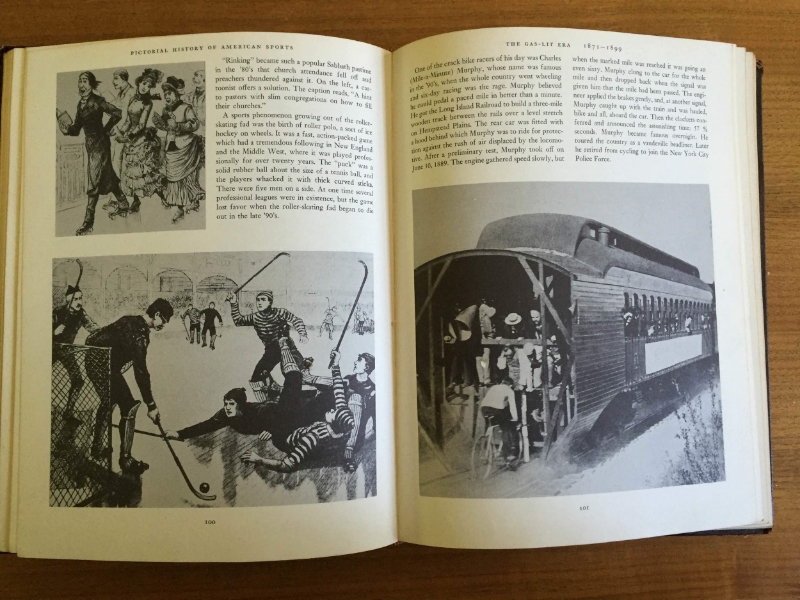
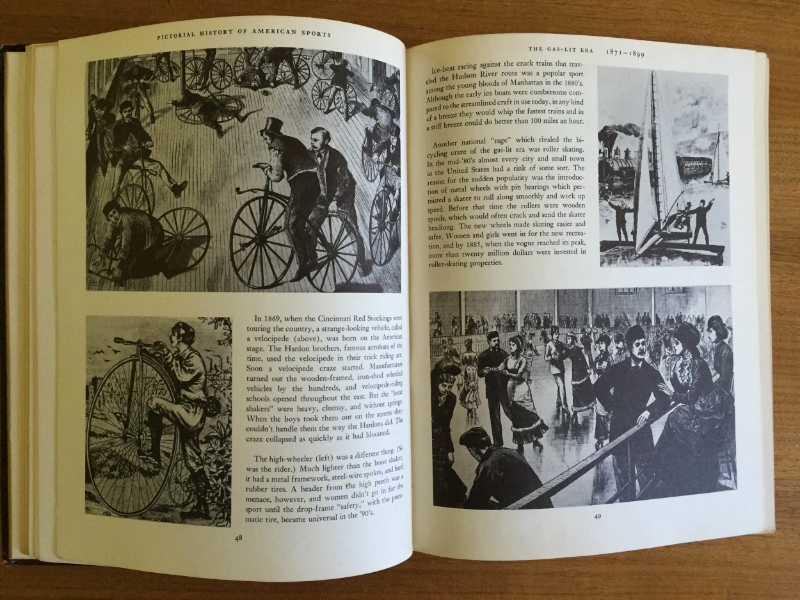
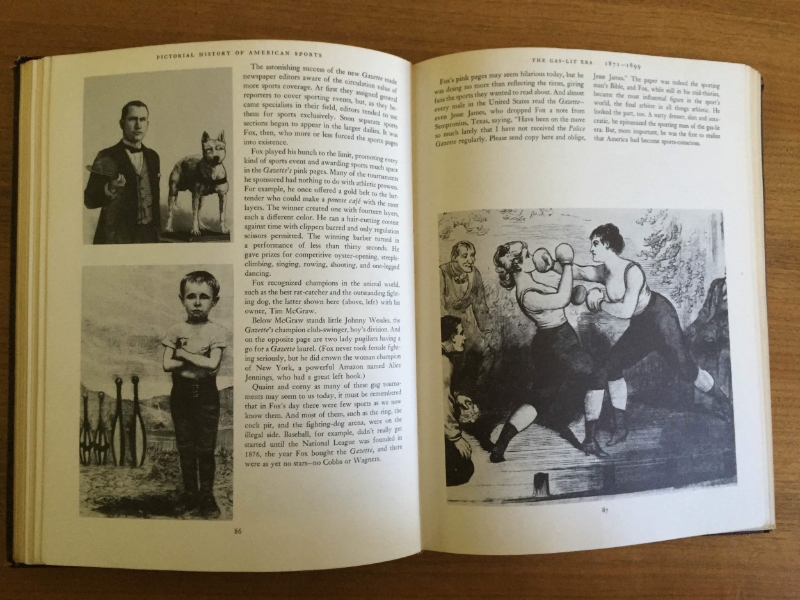
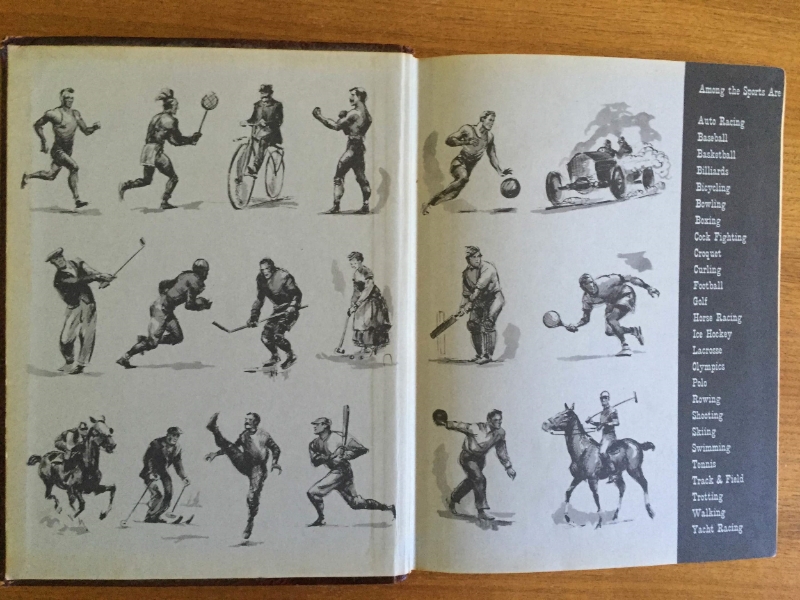
While pursuing a tech career in Silicon Valley I found myself confiding a story idea to a friend. It was about a women’s bike race, then called the Nature Valley Grand Prix, that took place in 2009. To me, it was one of the most dramatic and amazing races I had heard about and nobody seemed to find it that special. I wanted to tell the story to people the way I saw it.
I had only a few slim facts but I started writing. I filled in the blanks trying to imagine how the women in the race might have thought or by digging around online race reports, listservs, and outdated cycling websites. After about 30 pages I stopped. I have yet to publish it.
I told my friend about these athletes. The women in my story did not make much money. They lived the spartan lifestyle of a professional cyclist. Small houses, used furniture, basic cars, simple food... not a lifestyle for the faint of heart. They exhibited a level of dedication I found both incomprehensible and powerful. I explained to my colleague how I felt stupid for pursuing a story that wasn’t lucrative or likely to generate much interest.
[For the record, I did pitch the story to a publisher familiar with bicycle racing. While he was both polite and engaging he did not think it would sell many copies.]
“Your interest in these athletes makes sense to me,” My friend said. “They are pursuing what they love to do regardless of the cost. You relate to them.”
“The women in my story did not make much money. They lived the spartan lifestyle of a professional cyclists. Small houses, used furniture, basic cars. Healthy but mostly simple meals…a lifestyle not for the faint of heart. They exhibited a level of dedication I found both incomprehensible and powerful.”
I did feel a kinship to these people. They were willing to try, regardless of the cost, to reach for something - even if the prize at the end wasn’t very big. They wanted to be great if only to themselves.
I started following the story. I did interviews, real research, and a lot of rewriting when my made up notes didn’t make any sense. The more I spoke to the women cyclists the more they reminded me of the athletes in my Dad’s book. They felt real. None of them had million dollar contracts. They didn’t have deals with Nike. They weren’t running charitable foundations on the side to offset travel expenses, summer homes and black tie parties. Garden salad, yes; garden parties no. These athletes were some of the best in the world, and they were making it all happen with the help of meager salaries, part time jobs, and family support.
A common element emerged among the women I interviewed. Almost every single one dreamed of the Olympics. The more I heard it the more I could see the archetypes of these women in my Dad’s book. I remember my own dream of the Olympics. I think the only adventure that could have eclipsed the Olympics would have been discovering a door to Narnia. I wanted it so badly, but as I grew up I realized it would never be an option. For me, the crucial ingredients were missing– talent, skill, drive, magic–all the things that can get you there.
This story is an offshoot of that project I started in 2009. After the London 2012 Games I was curious, what does it take to go to the Olympics when life isn’t fair. Shelley Olds and Megan Guarnier had both just come off two very different kinds of Olympic defeats. Beth Newell was just starting her journey, and was filled with optimism and hope. I started keeping notes, videos, and selling bits of their stories when I could find a taker.
I want all of the women I’m writing about in this project to succeed. I want them to make it to the Olympics, to win world championships, to become famous... but they won’t. Life isn’t like that. Life isn’t fair. It isn’t filled with happy endings. Sometimes all you are left with is the story of the journey. How one continues on, after losing, is when things get interesting.
But this is a sports story. It is full of hyperbole and drama. There will be winners, and there will be losers. At the end I hope you can get a glimpse of what it means to go all in.

